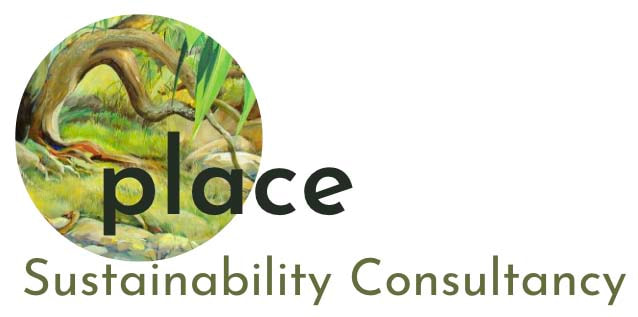Participation
Questions for staff:
If this agency were living out a commitment to environmental sustainability, what would you notice?
How important are natural spaces to your clients' wellbeing?
... Which places specifically?
... What would enhance this?
How do you see your clients being negatively impacted by environmental problems?
What ideas do you have for this agency ...
... for enhancing local natural spaces?
... for empowering your clients in sustainable living?
... for reducing carbon emissions?
... for reducing waste?
... for leading in sustainable development?
With all the problems facing our planet, which do you care most about personally?
... Which connect with the work of this agency?
How might climate change affect your clients?
How might climate change affect this agency?
If this agency were living out a commitment to environmental sustainability, what would you notice?
How important are natural spaces to your clients' wellbeing?
... Which places specifically?
... What would enhance this?
How do you see your clients being negatively impacted by environmental problems?
What ideas do you have for this agency ...
... for enhancing local natural spaces?
... for empowering your clients in sustainable living?
... for reducing carbon emissions?
... for reducing waste?
... for leading in sustainable development?
With all the problems facing our planet, which do you care most about personally?
... Which connect with the work of this agency?
How might climate change affect your clients?
How might climate change affect this agency?
Citizenship and Participation. Comment by Bronwyn Hayward
'Sea Change: Climate Politics and New Zealand', 2017.
Bronwyn Hayward encourages "deliberative democracy" ...
decision-making through listening and reflection; listening through conversation and hui. This makes decision-making more inclusive and representative. When people feel they are listened to, they are also far more likely to support a decision, even if it's not their preferred choice. How else do we mobilise, coordinate and sustain large numbers of people to take concerted action, if not by listening, educating and considering all views? (p70)
Some environmental thinkers have been tempted to argue that good decisions are best made by strong centralised bodies of experts. Yet, in reality, most people grow increasingly frustrated when decision-making is rushed or fails to consider their views. It is harder to enforce far-reaching, lasting transformation without public support. (p.61)
My research with children and young people suggests that children and adults alike can be silenced or subdued even by well-meaning environmental campaigns that promote the urgency of addressing climate change, pushing for fast action, with little or no opportunity for thoughtful public engagement; this tends to heighten fear and in turn exacerbates the sense of a loss of agency. (p62)
To transform our climate politics we need to transform how we see ourselves, to change the stories and metaphors we live by, in ways that create moments of solidarity and critical reflection. (p93)
We can re-imagine our climate future in ways that not only dramatically lower emissions but enrich our lives, through the mutual care of manaakitanga and the long-term vision of kaitiakitanga, the principles of guardianship. (p94)
'Sea Change: Climate Politics and New Zealand', 2017.
Bronwyn Hayward encourages "deliberative democracy" ...
decision-making through listening and reflection; listening through conversation and hui. This makes decision-making more inclusive and representative. When people feel they are listened to, they are also far more likely to support a decision, even if it's not their preferred choice. How else do we mobilise, coordinate and sustain large numbers of people to take concerted action, if not by listening, educating and considering all views? (p70)
Some environmental thinkers have been tempted to argue that good decisions are best made by strong centralised bodies of experts. Yet, in reality, most people grow increasingly frustrated when decision-making is rushed or fails to consider their views. It is harder to enforce far-reaching, lasting transformation without public support. (p.61)
My research with children and young people suggests that children and adults alike can be silenced or subdued even by well-meaning environmental campaigns that promote the urgency of addressing climate change, pushing for fast action, with little or no opportunity for thoughtful public engagement; this tends to heighten fear and in turn exacerbates the sense of a loss of agency. (p62)
To transform our climate politics we need to transform how we see ourselves, to change the stories and metaphors we live by, in ways that create moments of solidarity and critical reflection. (p93)
We can re-imagine our climate future in ways that not only dramatically lower emissions but enrich our lives, through the mutual care of manaakitanga and the long-term vision of kaitiakitanga, the principles of guardianship. (p94)


